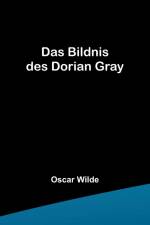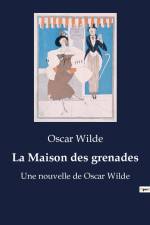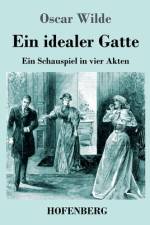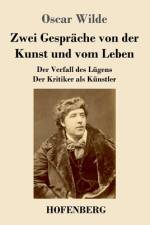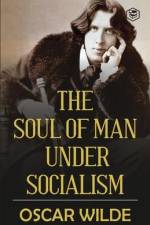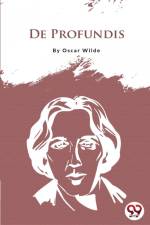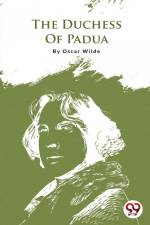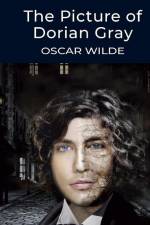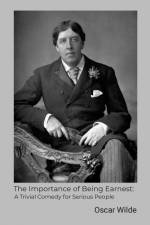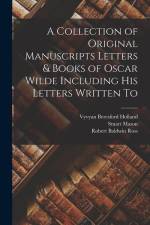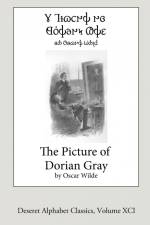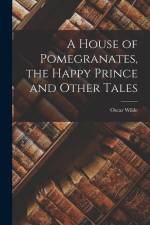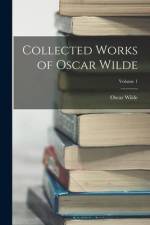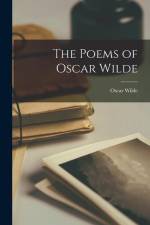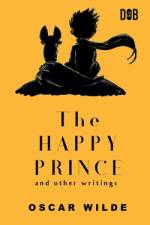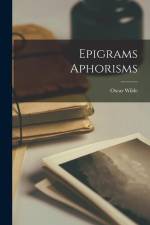av Oscar Wilde
159,-
The Duchess of Padua' is a play by Oscar Wilde. It is a five-act sensational tragedy set in Padua and written in a blank verse. It was composed for the female actor Mary Anderson in mid-1883 while in Paris. After she turned it down, it was deserted until its first-ever performance at the Broadway Theater in New York under the title 'Guido Ferranti' on 26 January 1891, where it ran for a long time. It has been seldom performed or studied. The Duchess of Padua elucidates the tale of a young fellow named Guido who was left in the charge of a man he calls his uncle as a child. Guido gets a notice to meet a man in Padua concerning something concerning his parentage. When he shows up in Padua he is persuaded by a man named, Moranzone, to forsake his only friend, Ascanio, to destine himself to vindicate his father's murder committed by Simone Gesso, the Duke of Padua. Over the play, Guido observes he has become hopelessly enamored with Beatrice, the title character, and trusts his affection for her, an adoration which she returns. At this point, Guido has had a shift in perspective and chooses not to kill the Duke of Padua, and on second thought expects to stab his father's knife at the Duke's bedside to tell the Duke that his life might have been taken if Guido had needed to kill him. While heading to the bed-chamber, Guido comes across Beatrice, who herself killed the Duke so she may accompany Guido. Guido is dismayed at the transgression committed for his sake and leaves Beatrice, assuring that their affection has been spoilt. She runs away and when she comes across certain gatekeepers, she asserts that Guido killed the Duke. Wilde himself depicted the play to Anderson: "I have no hesitation in saying that it is the masterpiece of all my literary work, the chef-d'oeuvre of my youth." Mary Anderson, in any case, was less energetic: "The play in its present form, I fear, would no more please the public of today than would 'Venus Preserved' or 'Lucretia Borgia'. Neither of us can afford failure now, and your Duchess in my hands would not succeed, as the part does not fit me. My admiration of your ability is as great as ever."William Winter reviewed the first production in The New York Tribune on 27 January 1891: "The new play is deftly developed in five short demonstrations and is written in a type of blank verse that is generally resonant, frequently persuasive, and at times freighted with whimsical figures of uncommon magnificence. It is less a tragedy but a melodrama...the radical deformity of the work is untrustworthiness. Nobody in it is natural." The Duchess of Padua is not regarded as one of Wilde's major works, and has rarely been performed or discussed. Leonée Ormond suggests several reasons for this: it is "quite unlike the plays for which Wilde is most famous, and biographers and critics have been inclined to say that it is unstageable, that it draws too heavily upon Shakespeare, Jacobean tragedy and Shelley's The Cenci ." Robert Shore remarked on the actual play while surveying an intriguing contemporary production:"......his tale of Renaissance realpolitik, revenge, and big love is about as far removed from the sophisticated social ironies of The Importance of Being Earnest as you can get. The dramatist affects the high Jacobean manner but the results are more cold pastiche than hot homage. Shakespearean archetypes stand behind the action - especially Lady Macbeth and Romeo and Juliet - but the smoothness of the verse means Wilde's characters never burn with the knotty tormented passion of their dramatic forebears. It's Victorian melodrama." However, Joseph Pearce is more responsive to Wilde's Shakespearian impact: "Unfortunately, the derivativeness of The Duchess of Padua has devalued it in the eyes of the critics...Yet if The Duchess of Padua is an imitation of Shakespeare, it is a very good imitation."

